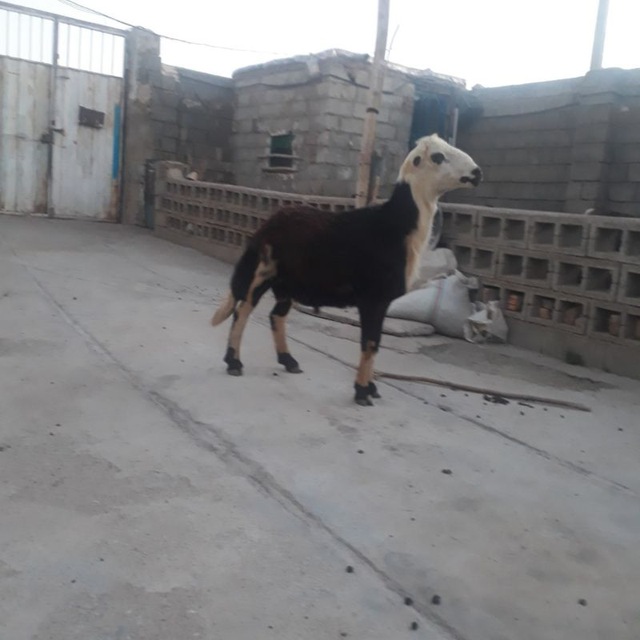Factors causing bloating:
These factors include:
1 Food factors:
Appetizing foods but poor in terms of cellulose fibers and rich in glycosides or rich with high fermentability that were consumed quickly while the secretion of saliva was low. In case of lack of fibers or too small aa, the stimulation of rumen receptors will not take place to cause rumination, and as a result, the secretion of saliva, which has tampon and anti-foam effects, will decrease.
Ruminal pH effect of saliva against sudden changes and its anti-foam effect neutralizes the formation of foam. These effects are provided by the secretion of bicarbonate and mucin in saliva.
This type of disorder can occur as a result of consuming rations rich in concentrates (which are very chopped) or very young glumes that have little fiber and watery foods rich in nitrogen.
Also, the consumption of chopped and stored low-water plants, or rations containing a lot of cabbage or fodder beets can also cause this condition. In addition, some plants such as white clover or alfalfa have foaming agents.
2 genetic factors
3 weather factors
Cold weather, especially rainy and windy weather, disturbs the temperature regulation of the animal’s body and creates suitable grounds for causing bloat in the animal.
Prevention of bloating:
In order to prevent, changing one food ration to another food ration should be done slowly, and when moving animals from pastures without legumes to pastures rich in legumes, good quality fodder should be used and cows should not be grazed in pastures containing legumes. Avoid too young.
Also, in bad and rainy weather, it is better to avoid taking livestock to the pasture. And after taking the livestock to the legume pastures, it should be controlled.
Clinical symptoms and autopsy:
Licking the stomach, shortness of breath, tongue sticking out of the mouth, salivation, scrotum swelling are some of the symptoms of this disease. In the necropsy after the death of the animal, it is observed that the lymph nodes of the head and neck are full of blood, the upper part of the respiratory system is full of blood, the kidneys are soft, the intestinal mucosa is full of blood, and sometimes there are cases of rupture of the abdomen and diaphragm. A few hours after death, the foam disappears. The horny layer of the rumen is torn off in sheets and the mucosa underneath it looks significantly full of blood. An animal that falls due to bloat will soon perish
Treatment:
In mild cases, the following tips can be used:
1- By placing a piece of wood in the mouth, it stimulated the secretion of saliva. The two sides of this stick are out from both sides of the animal’s jaws, and it is tied to the animal’s head with a rope so that it cannot be taken out or swallowed.
2- Use baking soda in the amount of 150 to 200 grams per liter of water and feed it to the trap.
3- Non-toxic oils such as vegetable oils should be fed to the trap.
4-He removed the gas from the animal’s body through a tube.
5- From related drugs such as poloxalone, l46 and… used
6- Rubbing a mixture of non-toxic oils with medicines on the side of the animal, when the animal licks, these substances are eaten and leave their effect.
7- He used the above mentioned oils and medicines in drinking water.
8- Use anti-flatulent compounds in food pellets.
9- Vegetable oil spray
It should be done on pasture grasses and fodder. Of course, rain will wash away these oils to a large extent.
10- Constant use of oils can affect the quality of animal milk. These oils have a negative effect on the absorption of beta-carotene, thus the amount of beta-carotene in milk and butter will decrease and the taste, smell and taste of milk will also change.
Among the oils that have an adverse effect on taste and smell, we can mention flax oil, soybean oil, and fish oil. Peanut oil and tallow emulsion are the best.
https://t.me/joinchat/Fal_pkboUUHxsuhUdrJgfQ
This post is written by Milad137228
